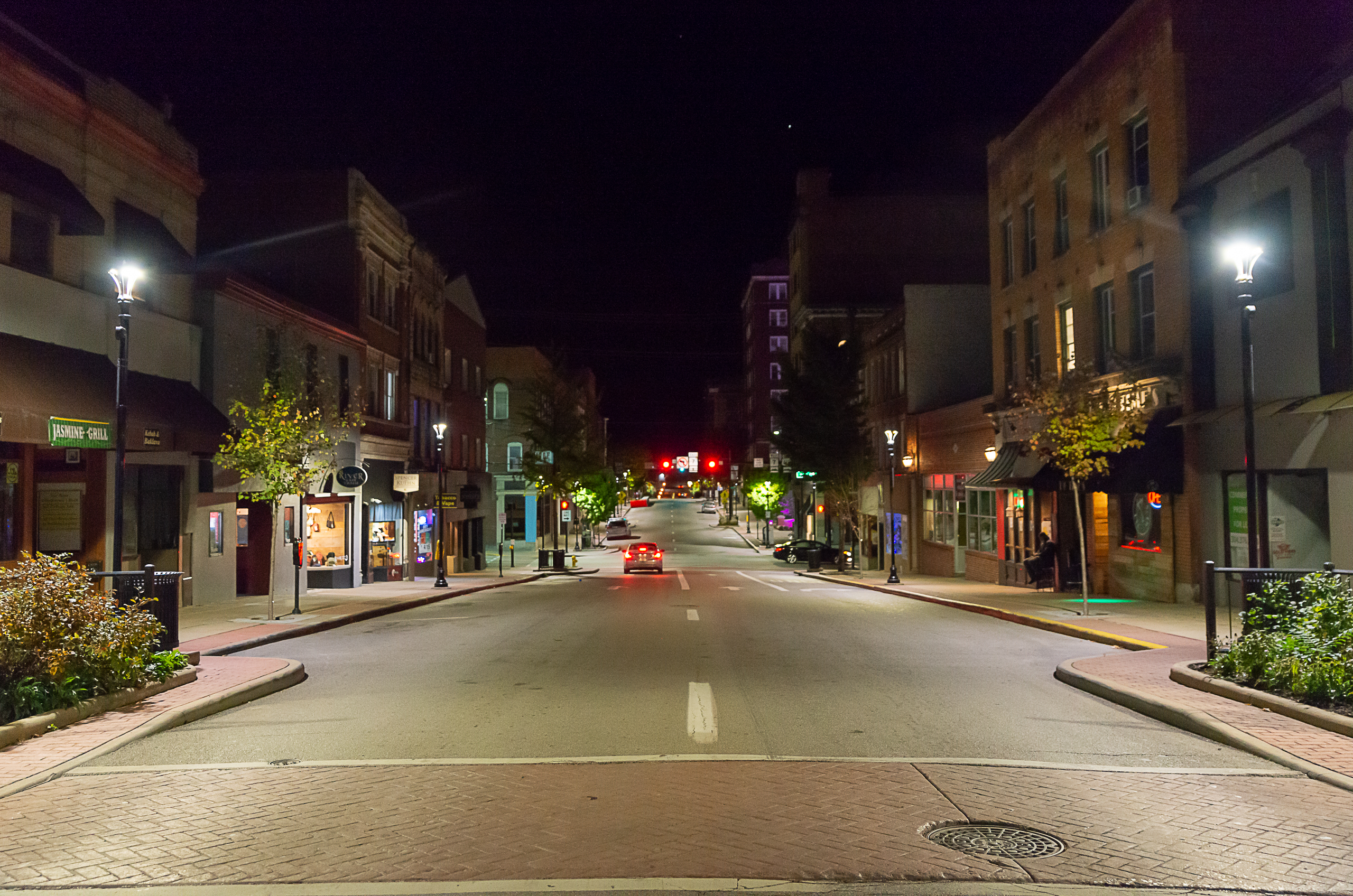Gov. Jim Justice’s executive orders impacting Monongalia County bars and restaurants will remain in place after a federal judge denied a request for a preliminary injunction that would have halted those orders.
“This court finds that the plaintiffs have little or no likelihood of prevailing on the merits — in short, economic harm is not sufficient in the face of the COVID-19 pandemic,” Judge John Bailey wrote in his order.
Ben Hogan, an attorney representing Justice and the ABCA commissioner, said they are generally pleased with the ruling.
Hogan said Bailey’s ruling joins those made across the country that have struck down similar challenges to a governor’s executive orders trying to deal with the pandemic while focusing on public health and weighing other interest, such as economics or school sports.
ABCA Commissioner Fred Wooton said ,”“We understand the hardship of temporarily shutting down a business, but there is no comparison to trying to maintain public health and safety.
Bailey said the goal of the plaintiffs was essentially to erase the state’s response to the pandemic and stop the governor and West Virginia Alcohol Control Administration from enforcing and implementing executive orders that limit the operation of bars and restaurants in Monongalia County.
There is no doubt, Bailey said, that the governor’s orders, separately and combined, effectively closed the operations of the plaintiffs — a dozen Monongalia County businesses affected by the orders — since July 13 except for Sept. 1-4.
However, in order to receive a preliminary injunction, a plaintiff needs to establish four criteria, including showing that irreparable harm without an injunction and that the injunction would be in the public interest, the order said.
Bailey cites many cases which support Jacobson v. Commonwealth of Massachusetts, a 1905 Supreme Court case which ruled that “a community has the right to protect itself against an epidemic of disease which threatens the safety of its member.”
The Jacobson case also decided that “when faced with a society-threatening epidemic, a state may implement emergency measures that curtail constitutional rights so long as the measures have at least some ‘real or substantial relation’ to the public health crisis.” The measures cannot be a “plain” or “palpable” invasion of rights.
Chief Justice John Roberts also sided with the Jacobson case in a 2020 case against California’s governor.
Bailey also notes the businesses continue to operate and even if they weren’t, that alone does not violate their due process rights — which the plaintiffs claim were violated. The “right to business” is not a fundamental constitutional right.
Economic harm does not mean irreparable harm, according to the Fourth Circuit, the order said.
“There is no public interest in attending a bar when we are dealing with a pandemic, especially in counties experiencing surges of new COVID-19 cases,” Bailey wrote. “Doing so will only increase the spread of COVID-19, endangering not only the bar attendees but also their families and friends and the health care institutions in Morgantown which have to take care of the virus’ victims.”




